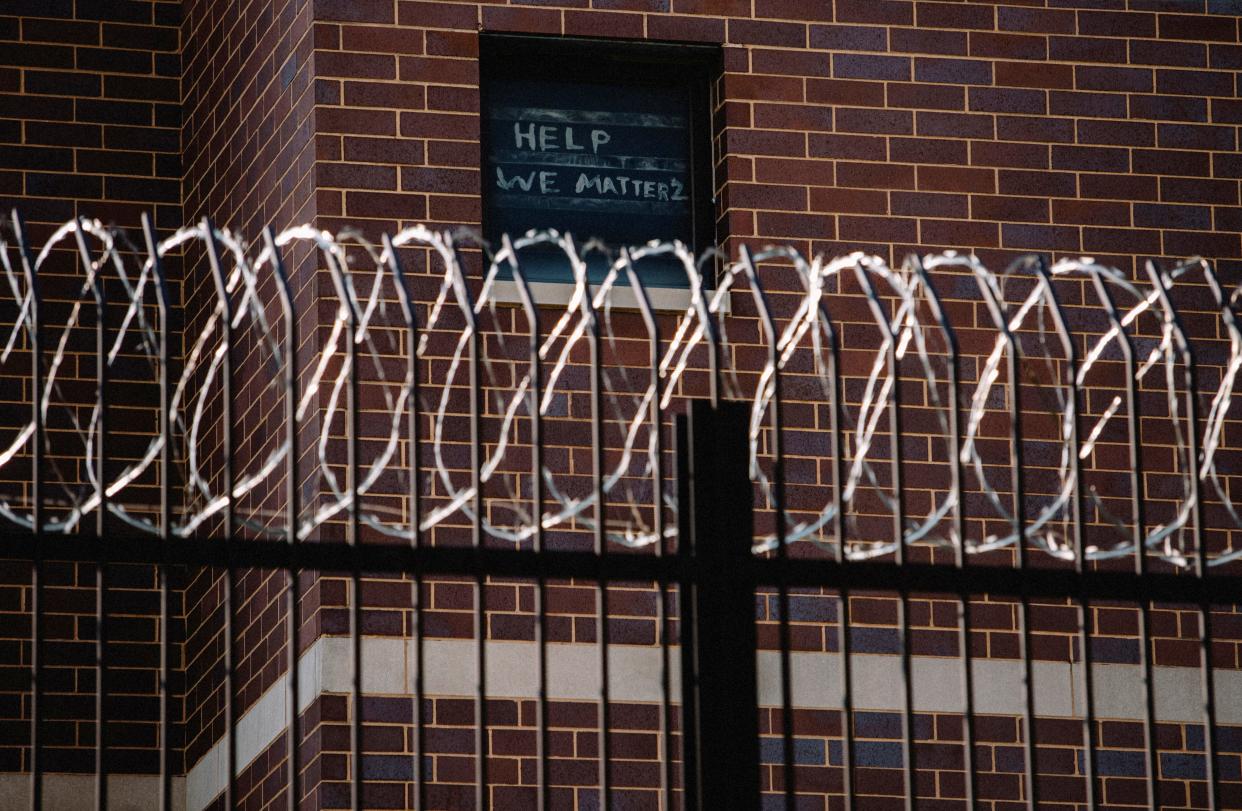The Case For Vaccinating Prisoners Early

Prisons and jails are among the most dangerous places to be in a pandemic. People housed within them cannot socially distance or quarantine. Mask-wearing is optional in many institutions, which leaves prisoners even more vulnerable to the coronavirus. Compounding these conditions, prisoners are already far sicker than the general population, making them extra vulnerable to the virus.
Since the pandemic began, correctional facilities have been home to some of the biggest outbreaks in the nation. Roughly 250,000 people in prison have been infected with the virus and at least 1,647 have died, according to data collected by The Marshall Project.
The risks for incarcerated people, who are infected by the virus at a rate more than five times higher than the nation’s overall average, are clear and undeniable. But where should they rank when it comes to vaccine distribution?
As governors work with health officials to devise each state’s distribution plan, they will have to make tough calls about who qualifies to get the vaccine and when, decisions that are doomed to be fraught with political considerations.
An analysis of state draft plans by the Prison Policy Initiative found that while the majority of states considered incarcerated people as a priority group in their vaccination plans, many of them were still prioritizing correctional staff before incarcerated people. Twelve states did not include incarcerated people in any phase of their vaccine allotment plans.
HuffPost spoke with Marc Stern, a physician who formerly served as the top medical officer for the Washington State Department of Corrections, about why prisons have been hotbeds for the virus, and why it makes sense to vaccinate incarcerated populations sooner rather than later.
Why do you think it is important that states prioritize people who live and work in prisons for the vaccine?
So, there’s a few reasons. People in prison and in jails are in congregate environments, which means a place where...



